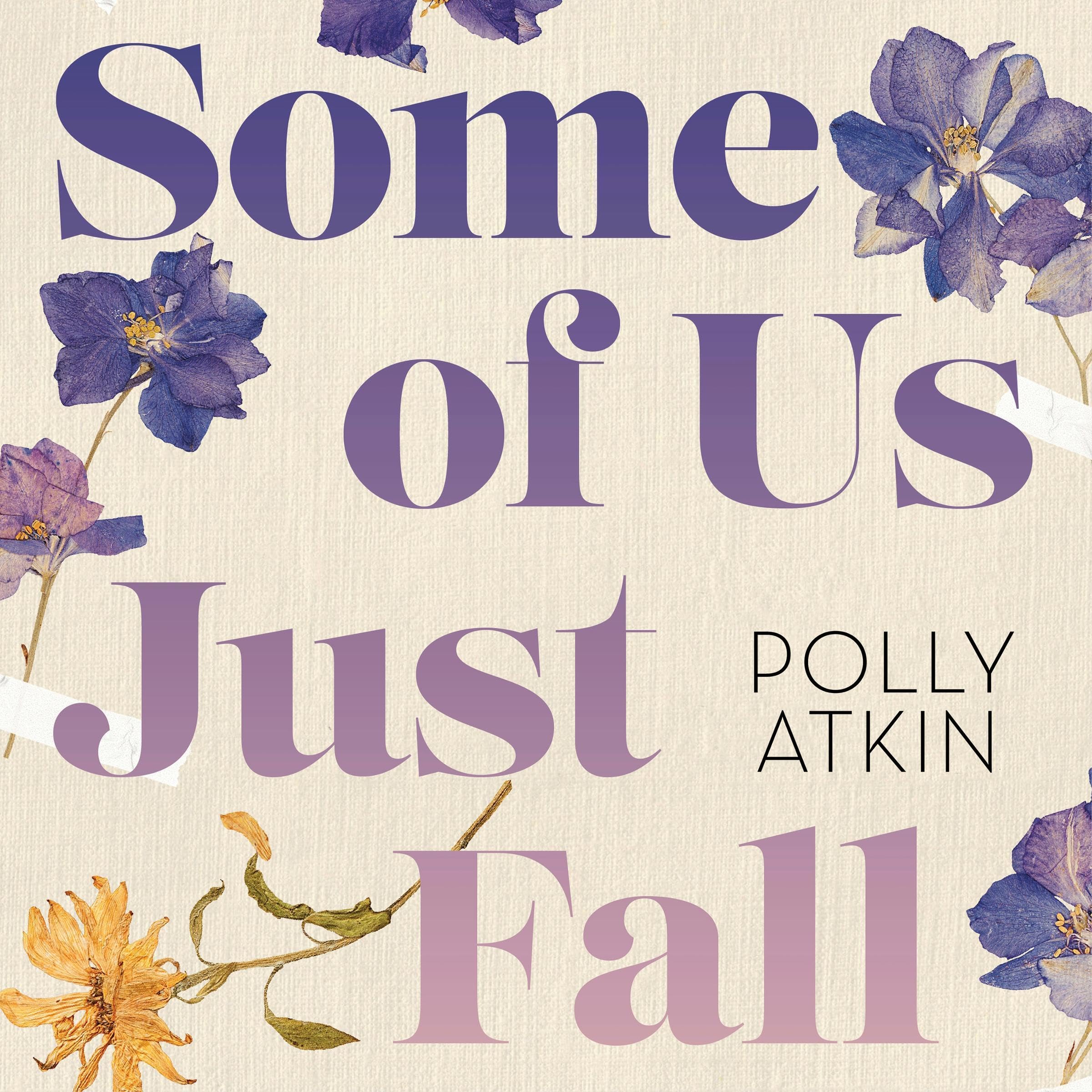What do you think?
Rate this book


Audible Audio
First published January 1, 2023
Everything in my body is stretchier than it should be. I am poorly strung together. My bones do not stay where they should be because the ligaments and tendons holding them in place are floppy. My stomach overextends every time I eat and my bowel is too floppy to squeeze food along it properly. Sometimes my throat flops closed. When I stand, the blood sinks down my body, pooling in my overly stretchy blood vessels so they can't get it back up again. It gathers in my hands and lower limbs until a grey film appears over my eyes, and I feel increasingly sick and unsteady. If I don't sit down, or put my feet up, my speech starts to slur, the light dims right down to dried-blood brown, and eventually I faint. The time in between, when I can't speak and cry at the light, can last for aeons. There are names for all these things, and reasons for them. Things that might help them. They are not just how I am. They are not just something I have to live with. That is what diagnosis gave me.
Pretending to be healthy when you're not is especially exhausting. It takes up energy you could be using keeping yourself as well as you can. But nothing is more exhausting than seeking help and not getting it, year after year after year.